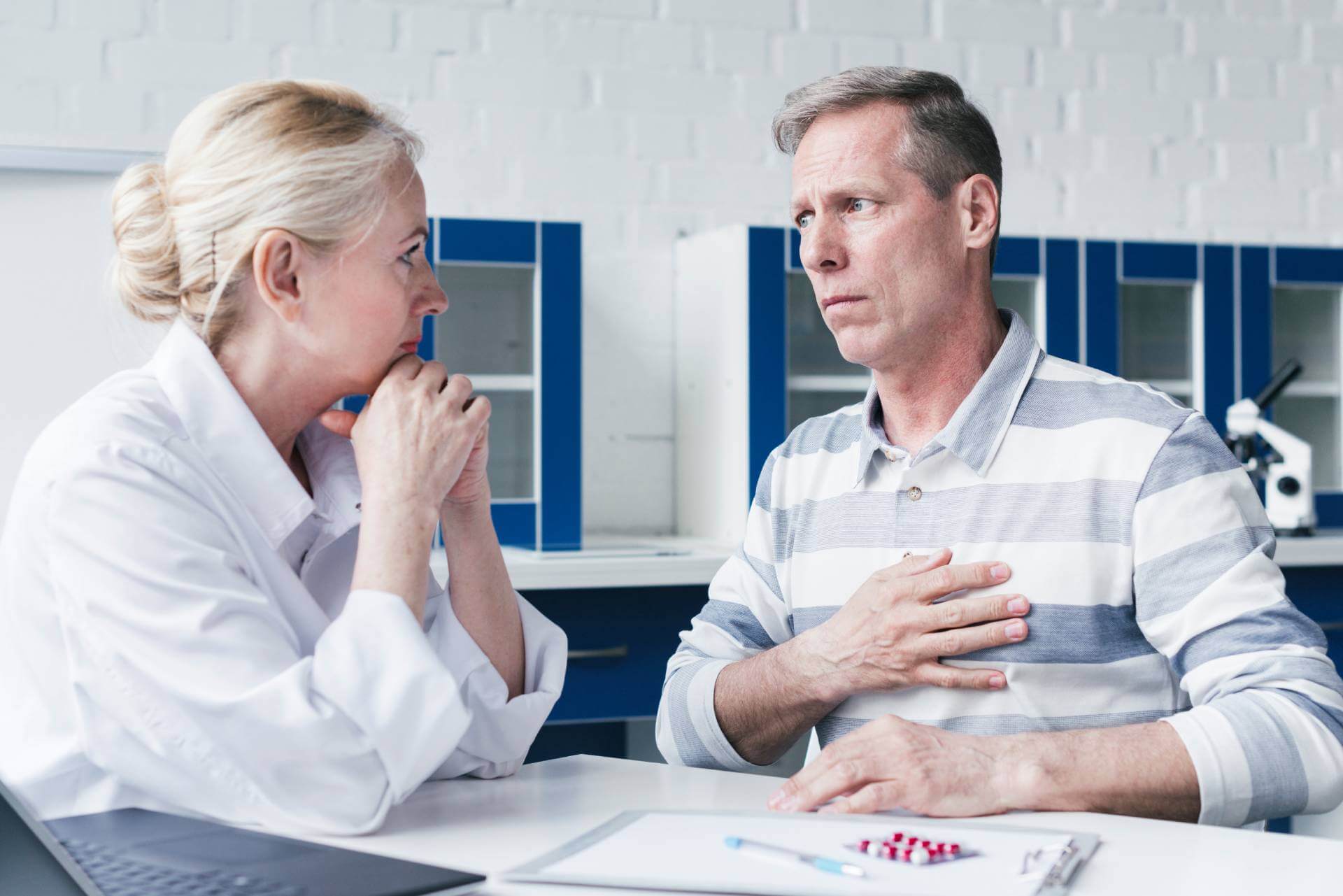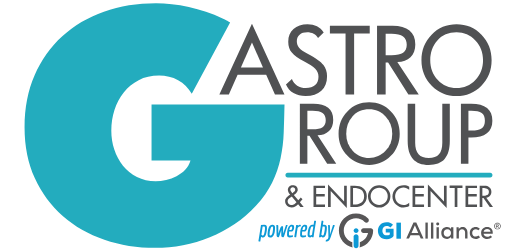Esophageal Manometry (Motility Study) in Louisiana
What is an esophageal motility test?
Esophageal motility studies at GastroGroup & Endocenter are assessments conducted to analyze the contractile and relaxation function of the esophagus. To carry out the process, a slender and bendable tube will be placed into to nose and down to the esophagus. A motility evaluation might be recommended to help identify the causative factor(s) of:
- Severe gastroesophageal reflux
- Before undergoing esophageal surgery
- Pain in the chest area
- Regurgitation
- Esophageal spasm
- Trouble with swallowing
To locate a gastroenterology specialist who can conduct an esophageal manometry or motility assessment in Louisiana, reach out to our gastroenterology group today.

What happens the day before my esophageal motility test?
Before your esophageal motility test, you will be provided with instructions and information from your GastroGroup & Endocenter doctor reviewing the preparations you need to follow. Generally, patients will be allowed to eat as normal the day prior to the test. You will be advised not to take anything by mouth after midnight aside from medications. It is very critical to follow the information and instructions given to you by your gastroenterology physician. Specific instructions pertaining to medications will also be provided. In the majority of situations, your medication schedule will be continued as usual. For some individuals, however, particularly in individuals who take anticoagulants, (such as Plavix®, warfarin, Coumadin®, anti-inflammatories, aspirin) and in patients with diabetes, specific instructions will be provided.
What happens on the day of the esophageal motility study?
On the day of your esophageal motility test, you will need to enter the endoscopy location 30 minutes prior to the test. This is to account for time to complete patient forms and be prepped for the esophageal motility exam.
After entering the treatment area, you will be instructed to lie on an exam table. Either your left or right nostril will be numbed with a numbing gel. A member of our medical team will then gently guide a narrow tube into the nostril. As the catheter is positioned into the esophagus, you will be encouraged to swallow to enlarge the opening to the esophagus. We will first adjust the catheter to gauge the contractile ability of the lower esophageal sphincter (LES) muscle. Our team will then gauge the contractile ability of the other esophageal muscles. At this portion of the evaluation, you will be prompted to drink 10 – 20 small sips of water. After this, the exam will be finished and the tube will be withdrawn. Overall, the exam will take around 30-60 minutes.
Because sedation is not administered for the exam, you will be able to leave the endoscopy unit as soon as the process is complete. In most situations, individuals can drink and eat as usual following their release from the endoscopy center, however, instructions pertaining to activity, medications, and eating will be given by our staff prior to discharge.
When will I get the results of my esophageal motility exam?
Since the computer program will create charts and grafts from the information obtained throughout the procedure, the test results will not be ready for review until after you are discharged from the endoscopy center. The study results will be read by the physician at a later time. You should be contacted by your physician at our Louisiana office within one week with information about the esophageal manometry study conclusions.
Are there any risks with an esophageal manometry test?
Esophageal manometry tests are generally a safe procedure. Complications impact fewer than 1% of patients. The majority of complications do not tend to be life-threatening, but if a complication takes place, it may result in hospitalization and surgery. Prior to we perform the procedure, a consent form will be discussed with the nursing team at GastroGroup & Endocenter.
Puncturing or piercing of the esophageal structure is a significantly uncommon effect but can happen. This might be observed at some point during the procedure, or it might not be found until later in the day. In the majority of cases, a puncture will result in surgery and a hospital stay.
It is very important that you call the physician’s office immediately if issues or symptoms occur after the procedure, including bleeding, abdominal pain that worsens, or fever.
Much like with any other evaluation, an esophageal motility procedure is not flawless. There is a minor, accepted risk that health concerns can go unnoticed throughout the test. It is imperative to periodically schedule appointments with your medical practitioners as instructed and let them know about any persistent or new issues.
What are alternatives to an esophageal motility study?
To a certain extent, alternative testing options will be dependent upon the reason for needing to undergo the esophageal manometry study. For most individuals, an esophageal motility assessment is the ideal option to measure the contractile function of the esophagus. Although, an x-ray called an esophagram, either alone or as part of a barium swallow/upper GI procedure, can additionally enable doctors to assess the esophagus.

